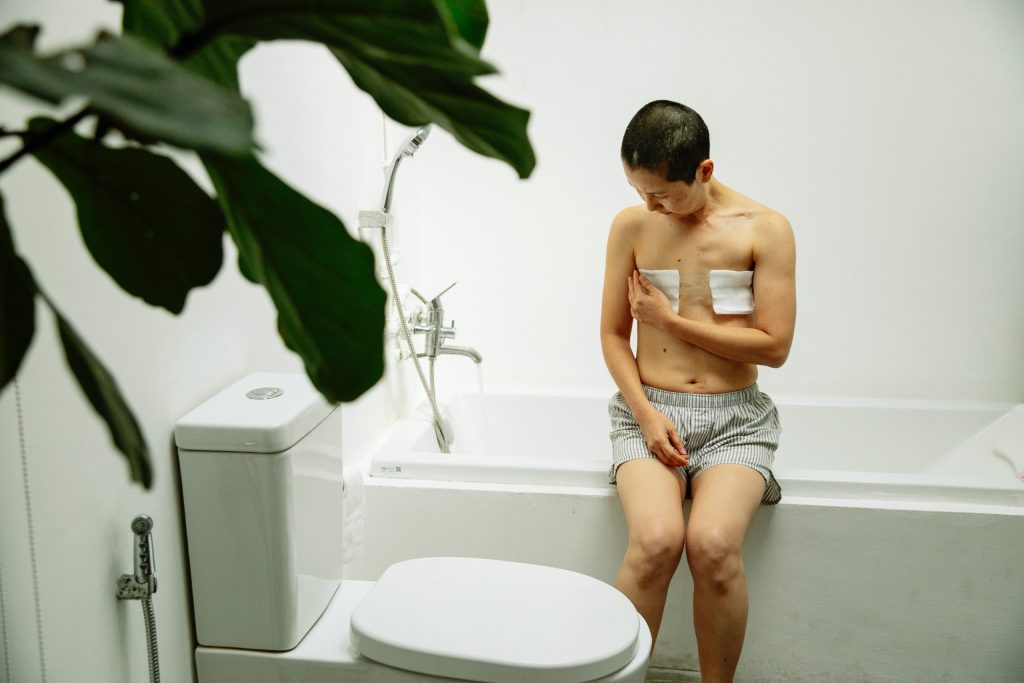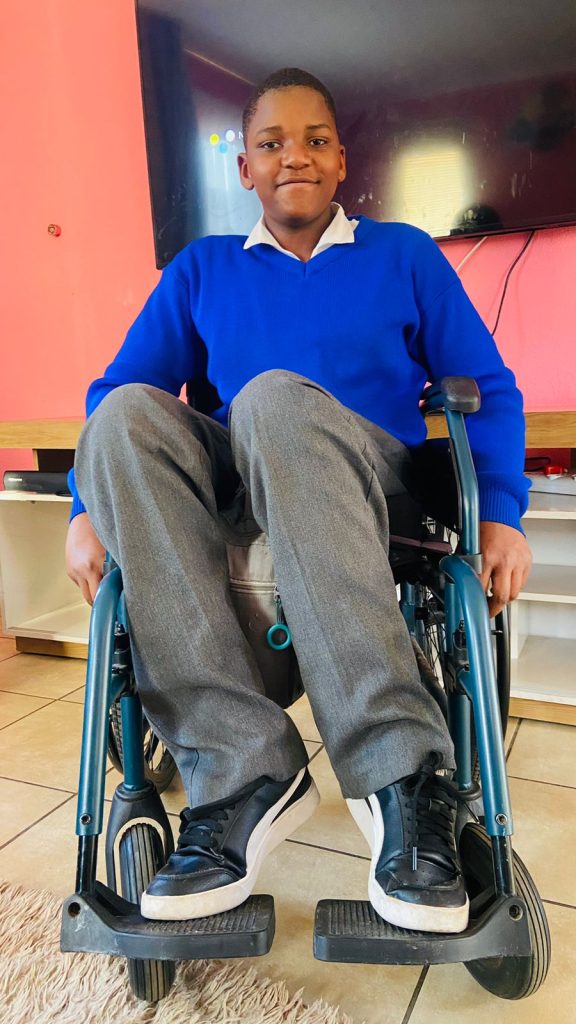Coping with the Fear of Breast Cancer Recurrence

Breast cancer is the world’s most prevalent cancer. Although earlier detection and targeted treatment have resulted in high survival rates, many breast cancer survivors experience fear of cancer recurrence. For some survivors this fear is occasional, for others it is persistent and often debilitating.
A new study of breast cancer survivors has found this psychosocial challenge impacts almost every important domain of their lives – the emotional, behavioural, cognitive, relational and professional. A larger number of domains was affected, and they were affected more frequently in those with greater fear of recurrence.
“Study participants were reportedly disease free and trying to rebuild their lives during their post-treatment survivorship,” said senior author Shelley Johns, PsyD, a researcher-clinician with the Regenstrief Institute, the Indiana University School of Medicine and the IU Melvin and Bren Simon Comprehensive Cancer Center. “Our findings provide clarity about how breast cancer survivors are impacted by fear of recurrence and insight into how they cope with this understandable fear.”
The study was published in Supportive Care in Cancer.
The impact of fear of recurrence ranged from mildly to severely disruptive. Women experiencing mild fear reported sporadic occurrences. Those with significant fear described it as persistent and/or easily triggered across multiple life domains.
Disturbed sleep prior to mammograms was reported by survivors with mild fear, while frequent need to absent themselves from social activities, get into bed and pull the blanket over their eyes to avoid thinking about cancer was an example of severe, also known as clinical, fear of recurrence. Approximately 74 percent of study participants were experiencing clinical fear of recurrence.
347 women completed the study’s open-ended survey:
- Many reported feelings of stress, irritability and sadness.
- Some said fear of recurrence frequently interrupted their train of thought, for example interfering with their job when their disease popped into their mind.
- Survivors who thought that they were more worried than they should be compared to other breast cancer survivors reported feelings of embarrassment.
- Some indicated it was too hard to be around their family because they were constantly wondering how many more Christmases and birthdays they were going to have with their children.
The paper’s title includes the phrase, “out of a dark place,” a direct quote from a breast cancer survivor who said that she joined the study to support “getting out of a dark place.”
Other survivors noted the specific impact of fear of cancer recurrence on daily life:
- “It motivates me to maintain healthy habits. Such as eating five servings of fruits and vegetables, working out and drinking less alcohol. It also motivates me to maintain mental health and physical health.”
- “Whenever I feel any kind of pain or discomfort in the area where I had cancer it concerns me and I feel anxious and irritable.”
- “Cancer is all around us. Everything is a trigger. Anniversaries, other family/friends’ diagnosis, commercials about drugs, social media, etc. …it’s a daily thought or a daily emotion.”
- “Sit for hours doing nothing, do not turn on TV, sleepless, find hours pass by and I am in the same place just thinking, do not participate in activities, get lost driving because I’m deep in thought, compulsive online shopping, collecting things.”
Survivors offered specifics on their coping mechanisms:
- “Just trying to be positive, eat healthy, take my meds, get enough sleep, exercise three times a week, and hope for the best.”
- “I try to avoid things that make me think about recurrence. For example, unfollowing social media accounts, fast forwarding or leaving the room when commercials about cancer medications are on.”
- “I try not to focus on it. I also speak with family members who have lived with cancer longer than myself.”
- “Prayer, meditation, staying in the moment, and focusing on making the best of each day.”
While many survivors cited avoidance of thoughts and feelings as their primary coping behaviour, Dr Johns, a health services researcher and clinical health psychologist, observes that research is needed to probe the function of various coping behaviours’ to determine if they are helpful.
In a question seldom posed to participants in a clinical trial, when asked what they hoped to gain by participating in the study, the majority indicated that they sought senses of purpose, belonging, control and connection with others.
The paper concludes, “Fear of cancer recurrence is one of the most common psychological challenges for cancer survivors. Understanding affected life domains, coping strategies employed prior to intervention, and reasons for seeking guidance can inform the development and implementation of evidence-based interventions to effectively address fear of cancer recurrence among persons living with breast cancer.”
Source: Regenstrief Institute




